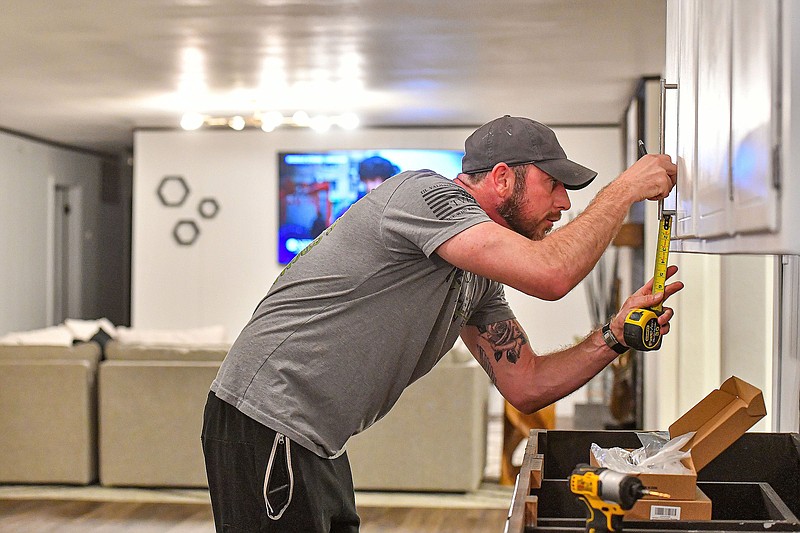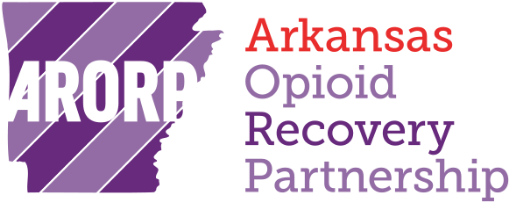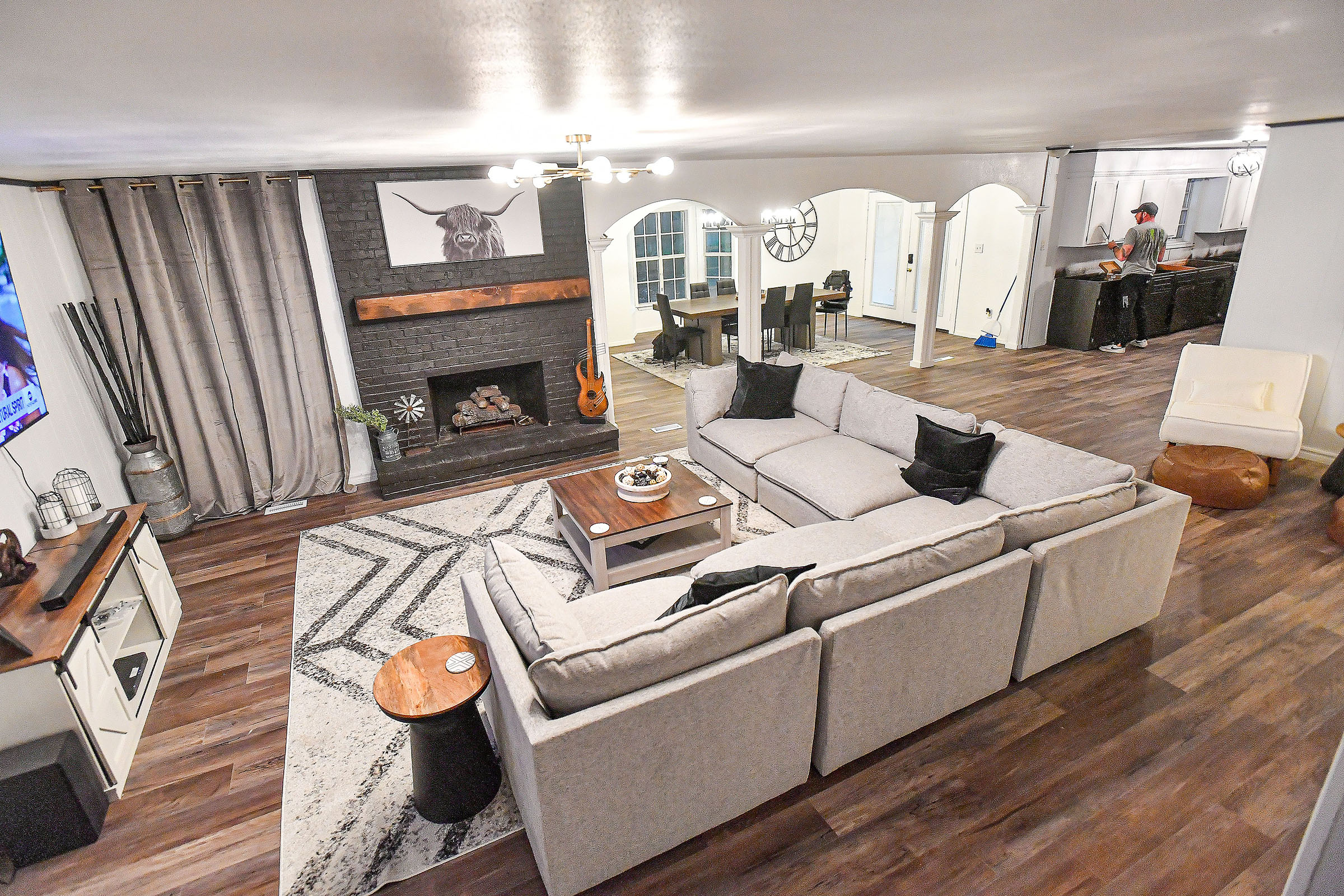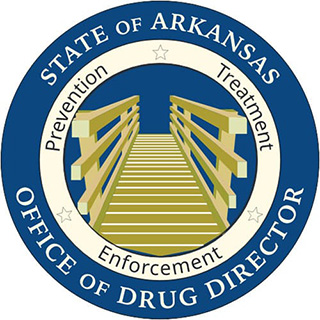Hope’s Bridge in Fort Smith to open for transitional housing, other substance abuse recovery services amid opioid epidemic

Arkansas Democrat Gazette | By Thomas Saccente | July 9, 2023 at 1:02 a.m. | Link to Original Article
FORT SMITH — A new nonprofit group is set to start helping men with substance abuse issues this summer.
Austin Coats, director of Hope’s Bridge of Fort Smith, said his organization will open a place for substance abuse and recovery-related services at 4109 N. 55th St. in Fort Smith on Aug. 1.
The facility will provide transitional housing — as well as things such as peer mentoring, job readiness training and case management — for up to 12 men in the early stages of recovery from substance abuse, according to a Hope’s Bridge news release. The group hopes to develop another facility for women in the future.
The the program was made possible with a $319,441 award from the Arkansas Opioid Recovery Partnership.
The Association of Arkansas Counties and the Arkansas Municipal League created the partnership. In January, it began distributing money the state received from a $216 million opioid settlement allocation announced in 2021. The money is meant for programs aimed at ending the opioid epidemic.
Hope’s Bridge was formed in February, according to Coats. The organization wants to provide a safe place for people in which they can feel proud to live and focus on their recovery — something for which Coats said there’s a need in Sebastian County.
Coats said while there’s still a large problem with methamphetamine use in the Fort Smith area, Hope’s Bridge is trying to address the abuse of opioids in the hope of saving lives. Coats himself has been sober from opiates for seven years.
Sebastian County Judge Steve Hotz, in a letter of support included in Hope’s Bridge’s funding application to the partnership, wrote the availability of resources to address the opioid epidemic in Sebastian County remains a pressing issue despite efforts of local groups and government organizations.
Hotz wrote Hope’s Bridge has a solid foundation and a dedicated mission to provide “vital support” to the community in this matter.
“Their approach of providing safe and supportive housing, recovery support services and reintegration assistance will be a valuable addition to our community’s efforts in addressing the opioid-related problems in our city,” Hotz wrote. “The leadership team of the organization brings a unique perspective, having lived-experience in recovery from opioid addiction, which provides them an understanding of the needs of those they aim to serve.”
Hotz wrote he believes Hope’s Bridge’s approach will provide people affected by the epidemic a pathway to a better future.
Another nonprofit group headquartered in Fort Smith — Harbor House — offers both residential treatment and transitional living programs for people with addiction issues.
Carl Norris, chief executive officer of Harbor House, said his organization sees many clients who have been addicted to meth and fentanyl, a strong synthetic opioid, as well as those addicted to heroin, cocaine and alcohol. He remarked synthetic opioids are a problem for Harbor House as prescribed opioids, such as oxycodone, are not as available as they’ve been in the past.
“The thing about what we do is there is no shortage of clients unfortunately, so we do not consider anyone competition that is trying to help Arkansans,” Norris said.
Coats said Hope’s Bridge used the $319,441 from the partnership to buy, renovate and furnish a four-bedroom home June 2 that’s almost 3,000 square feet to house its program. The renovation is almost complete.
Hope’s Bridge will have a specialist/house manager live on-site with the program participants to provide peer support services, Coats said. The organization will assess each of the participants’ needs to determine how to best help them move forward, such as assisting them in finding a job or writing a resume.
“When I first got clean, I didn’t know what to do,” Coats said. “I didn’t know how to do anything, and so we’re just going to help these guys and girls get back on their feet and that’s what the case management part is.”
Coats said Hope’s Bridge will also offer options for counseling. This includes a licensed therapist willing to provide counseling services at the organization’s facility, along with therapy at the Guidance Center in Fort Smith, a nonprofit community behavioral health care provider.
Coats said the men in the program have to be older than 18, have a history of substance abuse and can’t be sex offenders. They will be expected to be substance free and participating in whatever route to recovery is chosen for them while staying at the Hope’s Bridge house.
Participants will also do chores to maintain the house and pay $120 per week for rent, along with an initial deposit, Coats said. Those who don’t have a job will get time to try to find one before having to pay rent. People with disabilities will be asked to devote a set number of hours per week to volunteer work.
Coats said he secured a memorandum of understanding with the Sebastian County Sheriff’s Office to reserve at least five Hope’s Bridge beds for the men’s Peers Achieving Collaborative Treatment program at the county jail in Fort Smith.
Capt. Bill Dumas, jail administrator, said the volunteer, peer-led PACT program is paid for by the Arkansas Department of Human Services and aimed at non-violent men and women at the jail who are facing prison. It facilitates various means of recovery to address the inmates’ addictions to narcotics or alcohol and helps them get a GED certificate — if they don’t have one — in an effort to divert them from prison and get better.
“We’re taking these guys that don’t have an opportunity to do one of the specialty courts and we get them geared up and then we present it to the judges and see if we can’t get them into a specialty court, bypassing them going to prison,” Dumas said. “But these are all guys that have been to prison multiple times.”
Dumas said the work truly begins as the participants are released from jail. Hope’s Bridge will help them sustain their recovery long-term by having them continue what they started as inmates while surrounding them with like-minded people with similar goals.
The memo of understanding between Hope’s Bridge and the Sheriff’s Office, dated May 3, states it will last one year and be renewable. The Sheriff’s Office will have no financial obligation to Hope’s Bridge for the reserved beds.
Coats said Hope’s Bridge plans to open a transitional housing facility for women about six months after the men’s facility opens Aug. 1. It will “go from there” in terms of future expansion.
“My goal was to have two men’s houses and two women’s houses, and then see where the need is and see at that point if it’s possible to branch out and look at opening a residential treatment facility,” Coats said.
He said Hope’s Bridge is also working on getting accreditation from the National Alliance for Recovery Residences, a Minnesota-based nonprofit group committed to expanding the availability of well-operated, ethical and supportive recovery housing, according to its website.
 Austin Coats, director of Hopes Bridge, walks through the living room Thursday in the new nonprofit groups transitional housing facility in Fort Smith. Hopes Bridge will provide “safe and supportive” transitional housing — as well as services such as peer mentoring, job readiness training and case management — for up to 12 men in the early stages of recovery from substance abuse, according to a Hopes Bridge news release. It’s expected to open Aug. 1. The endeavor was facilitated with a $319,441 award from the Arkansas Opioid Recovery Partnership. Visit nwaonline.com/photo for today’s photo gallery. (River Valley Democrat-Gazette/Hank Layton)
Austin Coats, director of Hopes Bridge, walks through the living room Thursday in the new nonprofit groups transitional housing facility in Fort Smith. Hopes Bridge will provide “safe and supportive” transitional housing — as well as services such as peer mentoring, job readiness training and case management — for up to 12 men in the early stages of recovery from substance abuse, according to a Hopes Bridge news release. It’s expected to open Aug. 1. The endeavor was facilitated with a $319,441 award from the Arkansas Opioid Recovery Partnership. Visit nwaonline.com/photo for today’s photo gallery. (River Valley Democrat-Gazette/Hank Layton)




